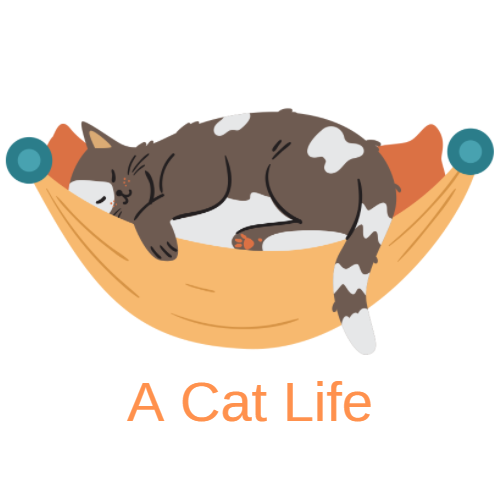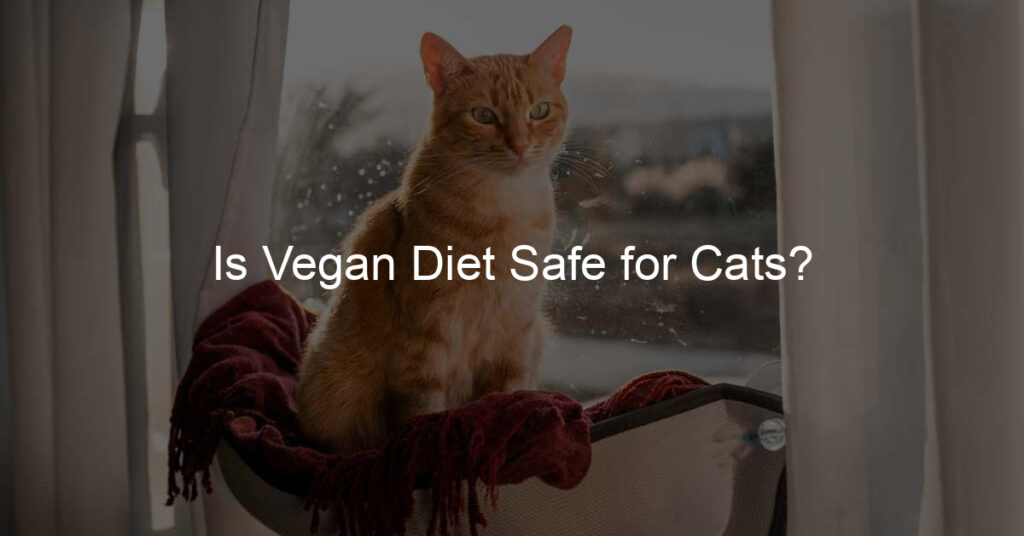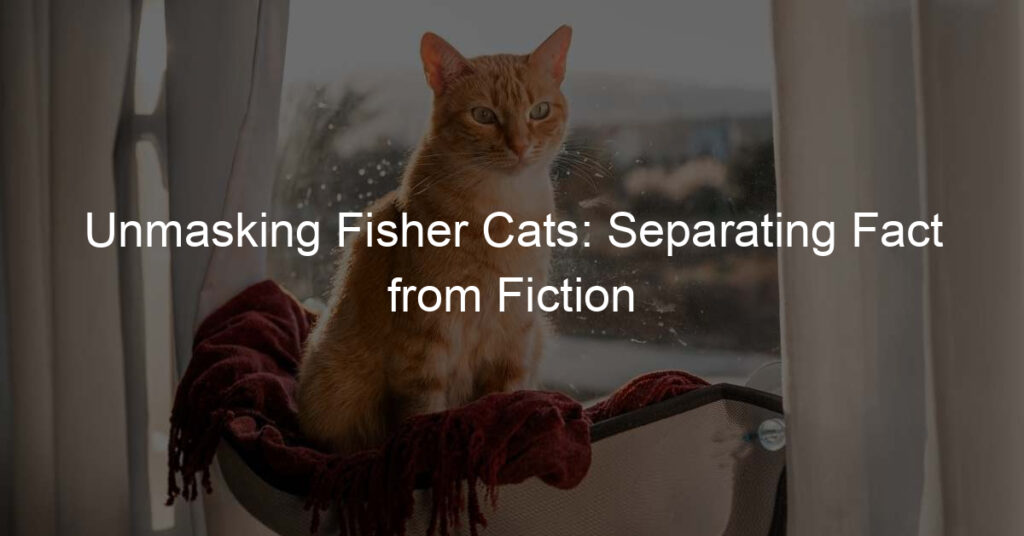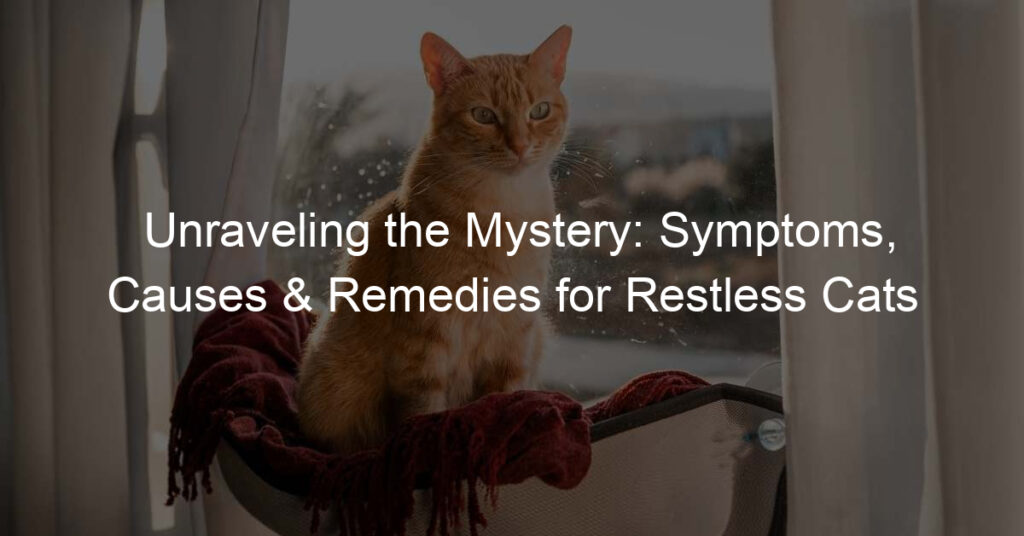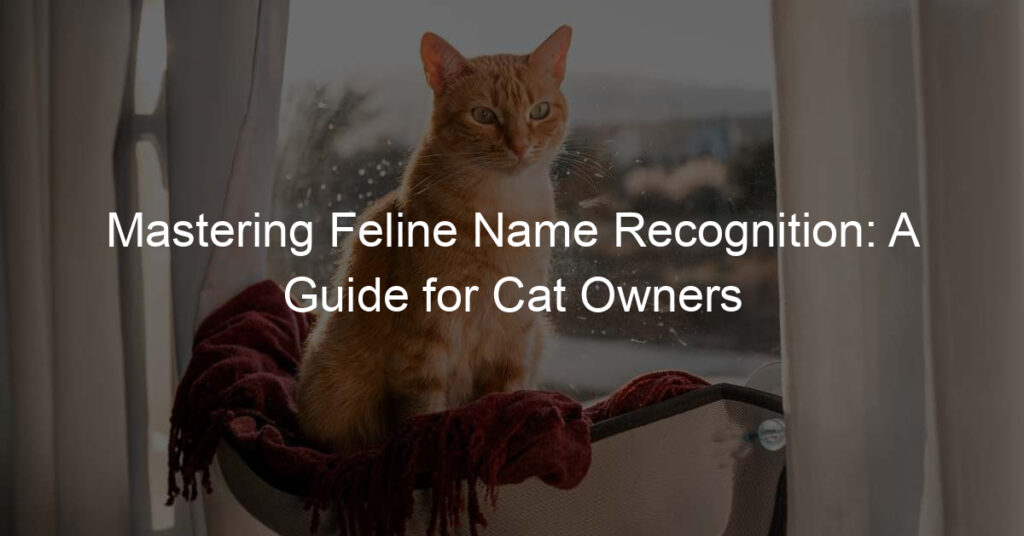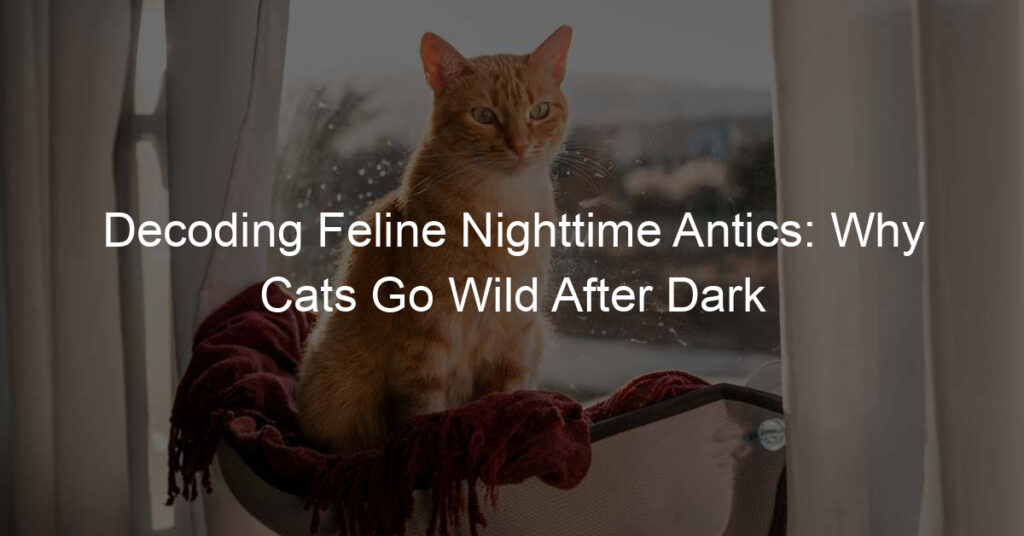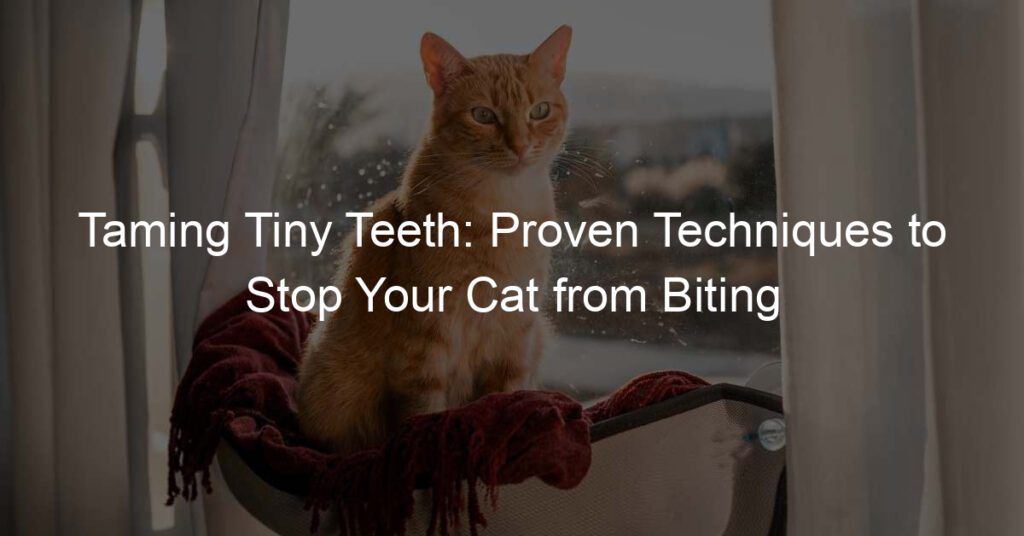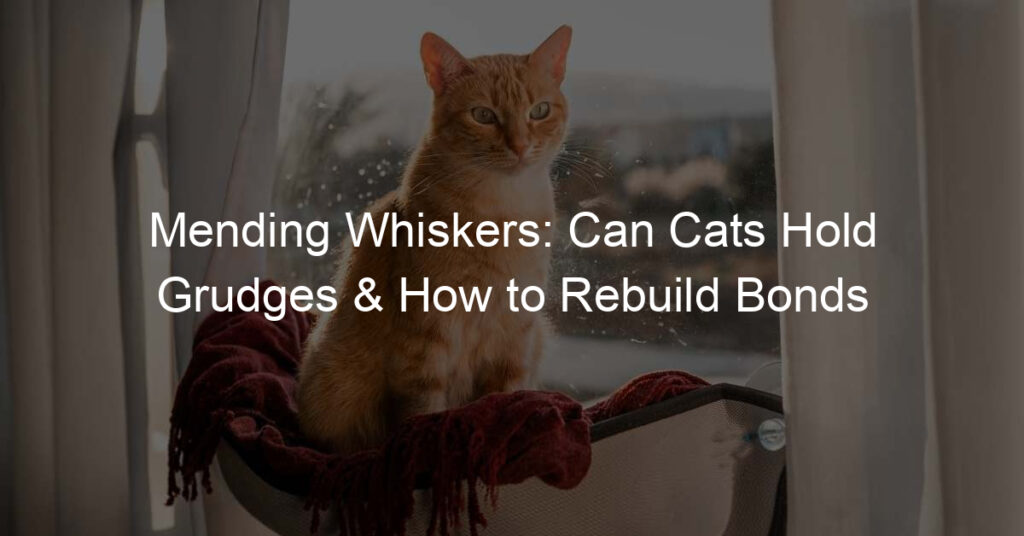The question of whether or not a vegan diet is safe for cats is a complex one. Cats are indeed obligate carnivores, meaning they need to consume meat to get the essential amino acids, fatty acids, and vitamins they need to thrive.
However, some vegan diets are designed specifically for felines that could meet a cat’s nutritional needs.
The trick is to make sure your vegan kitty has access to all the nutrients they need. If you’re considering a vegan diet for your pet, consult with a veterinarian first and be sure to read labels carefully for calorie count and essential vitamins and minerals that may be lacking in some vegan foods.
It’s also important to remember that cats are creatures of habit and may need some time to adjust to a new, unfamiliar diet.
But with careful planning and close monitoring by you and your vet, cats can thrive on carefully chosen vegan options.
Of course, whether or not this lifestyle is suitable for your kitty is ultimately up to you, but the important thing is that whatever diet you choose, it’s done with your cat’s health in mind!
Are There Vegan Diets Specifically Designed for Felines?
Yes, there are vegan diets specifically designed for felines. Many pet food companies now offer vegan recipes tailored to meet the nutritional needs of cats.
For example, some brands use ingredients like soybean meal, pea protein, lentils, and other plant-based proteins to give kitties their daily dose of essential amino acids and fatty acids.
Finally, remember that it’s OK to let your cat try different vegan foods; variety is critical to getting all the nutrients they need.
How Can I Make Sure My Cat’s Vegan Diet Is Complete and Balanced?
The best way to ensure your cat’s vegan diet is complete and balanced is to work closely with a veterinarian knowledgeable about vegan diets for cats.
They will be able to provide personalized advice about the best type of food for your pet and can also help you find vegan products that meet all their nutritional needs.
Also, it’s necessary to do your research and guarantee you’re familiar with all the essential nutrients cats need.
Your cat’s health and safety come first. If a vegan diet ends up being the right choice for your pet, you can rest assured knowing they are getting all the nutrients they need to thrive!
Can Cats Get Sufficient Protein From Plant Sources Alone?
Cats can get sufficient protein from plant sources alone if the proper nutrients and vitamins are included in their diet. While cats are obligate carnivores, meaning they require animal-based proteins to thrive, vegan diets are designed explicitly for felines that meet a cat’s nutritional needs.
In addition to these essential nutrients, it is crucial to ensure that cats receive the other vitamins and minerals they need through their diet as well. This includes taurine, vitamin B12, and niacin which are all critical for a cat’s development and overall health.
Cats may also benefit from additional supplements, such as vitamin D3, which helps with calcium absorption.
Another critical factor to consider when feeding cats with a vegan diet is variety. While some vegan foods may contain all the necessary nutrients for a healthy life, having a variety of plant-based options will help cats receive the full range of vitamins and minerals they need.
How Long Should I Monitor My Kitty After Transitioning to a Vegan Diet?
It is important to closely monitor your cat for a few weeks during and after transitioning to a vegan diet.
During this time, it is important to look out for any physical changes in your cat, such as weight loss or gain, changes in coat texture and color, digestive issues such as vomiting or diarrhea, or changes in energy levels.
Furthermore, you should check with your vet periodically to ensure that your cat gets all the nutrients they need from its vegan diet.
It can take some time for cats to adjust to a vegan lifestyle, so it is vital to be patient and understanding during this time. It is also beneficial to start slowly by introducing small amounts of the new food at first and then gradually increasing the amount over time.
It can take anywhere between one month and three months for a cat’s body to adjust completely when transitioning from a non-vegan diet to a vegan one. During this period of adjustment, it is crucial not just to observe any physical changes but also to watch out for behavior changes as well.
Cats adjusting will typically act more listless than usual or even more energetic than usual, depending on how they react to their new food.
Some cats may also become picky eaters during this period, so it’s important to provide them with plenty of variety, so they don’t get bored with their food.
Does Switching My Pet to a Vegan Diet Require Any Special Supplements?
Cats that are switched to a vegan diet may require additional supplements to meet their nutritional needs.
While plant-based proteins can provide essential amino acids, vitamins, and minerals, cats need taurine and Vitamin B12, which cats need for growth and development. Niacin is important for the metabolism of fats and carbohydrates.
To make sure your cat is getting all the necessary nutrients, it is best to discuss with your veterinarian what additional supplements may be required for a vegan diet. Some common supplements include taurine powder or tablets, Vitamin B12 injections or oral drops, and niacin supplements.
It is important to note that while vegetarian diets may be able to provide enough of these particular nutrients for some cats, they may not be suitable for all cats.
Cats with certain health conditions, such as kidney disease or those on certain medications, may require more specialized nutrition than what a vegan diet can offer.
Further, kittens have higher nutritional needs than adult cats and therefore may require additional supplementation even if they are consuming a vegan diet.
